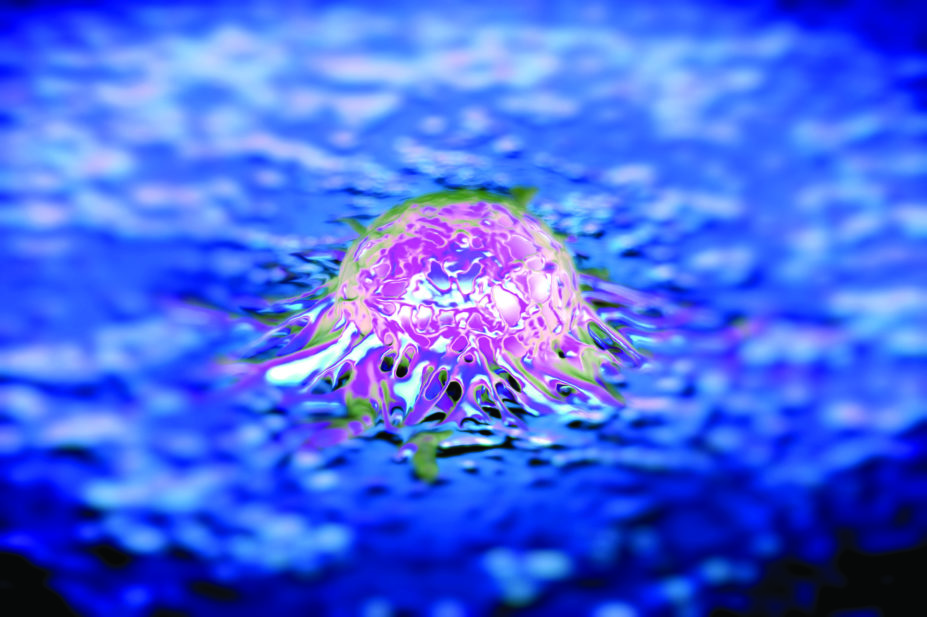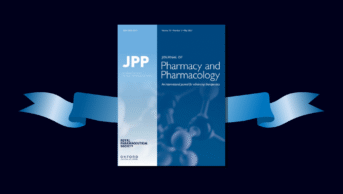
Shutterstock.com
Adding abiraterone to hormone therapy at the start of treatment for prostate cancer improves survival by 37%, according to the results of an interim analysis, published in The New England Journal of Medicine
[1]
(online, 3 June 2017) and presented at the 2017 ASCO Annual Meeting in Chicago.
Abiraterone is usually given to men with advanced prostate cancer that has spread and has stopped responding to standard hormone therapy, however in this trial, one of the largest to date in prostate cancer, it was given much earlier.
Professor Nicholas James, from the University of Birmingham, who was chief investigator of the Cancer Research UK-funded trial, says: “This is one of the biggest reductions in death I have seen in any clinical trial for adult cancers.
“Abiraterone is already used to treat some men whose disease has spread but our results show many more could benefit. In addition to the improvements in survival and time without relapse, the drug reduced the rates of severe bone complications, a major problem in prostate cancer, by more than a half. I really hope these results can change clinical practice.”
A total of 1,917 men with prostate cancer, with median age of 67 years and median PSA level of 53ng per millilitre, were randomised to receive androgen deprivation therapy (ADT) alone or in combination with acetate (1000 mg daily) and prednisolone (5mg daily). Treatment continued for two years or until disease progression.
Almost all the men (95%) had newly diagnosed disease, in 52% it was metastatic, in 20% node-positive or node-indeterminate nonmetastatic, and in 28% node-negative, nonmetastatic disease. All patients with node-negative, nonmetastatic disease and some with positive nodes also received radiotherapy.
Median follow-up was 40 months, during which time there were 184 deaths in the group treated with ADT and abiraterone compared with 262 in those treated with ADT alone (hazard ratio, 0.63; 95% confidence interval [CI], 0.52 to 0.76; P<0.001).
Men treated with ADT plus abiraterone experienced a 71% reduction in disease progression. Progression occurred in 248 in the combined abiraterone and ADT treatment group compared with 535 in the group given ADT-alone (hazard ratio, 0.29; 95% CI, 0.25 to 0.34; P<0.001).
Nine serious adverse events occurred in the ADT plus abiraterone group (pneumonia, stroke, dyspnoea, lower respiratory tract infection, liver failure, pulmonary haemorrhage, and chest infection) compared to three in the ADT-alone group (myocardial infarction and bronchopneumonia).
References
[1] James N, de Bono J, Spears M et al. Abiraterone for prostate cancer not previously treated with hormone therapy. NEJM published online 3 June 2017. doi: 10.1056/NEJMoa1702900#t=article


